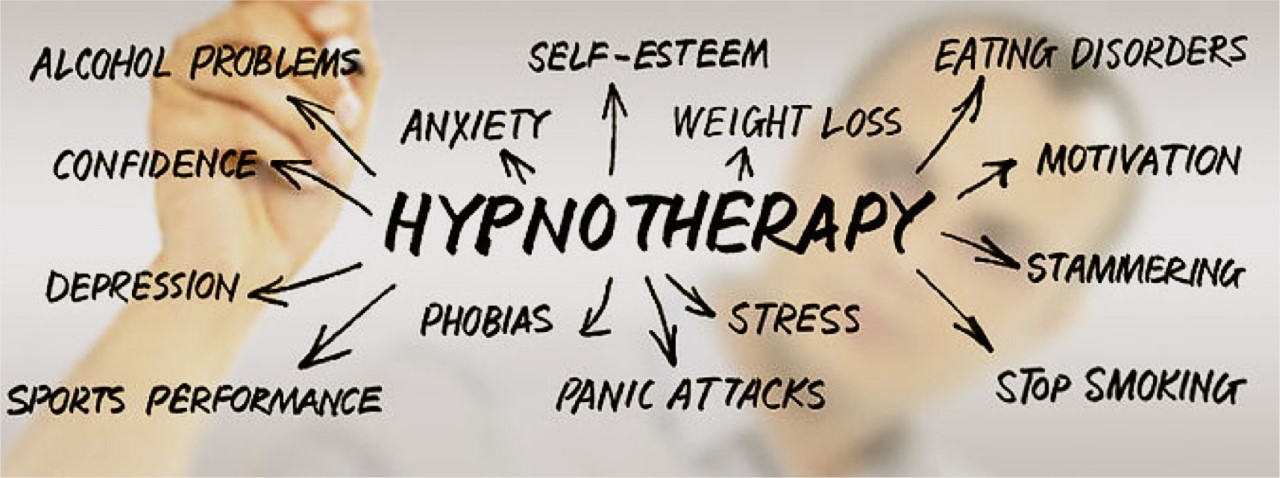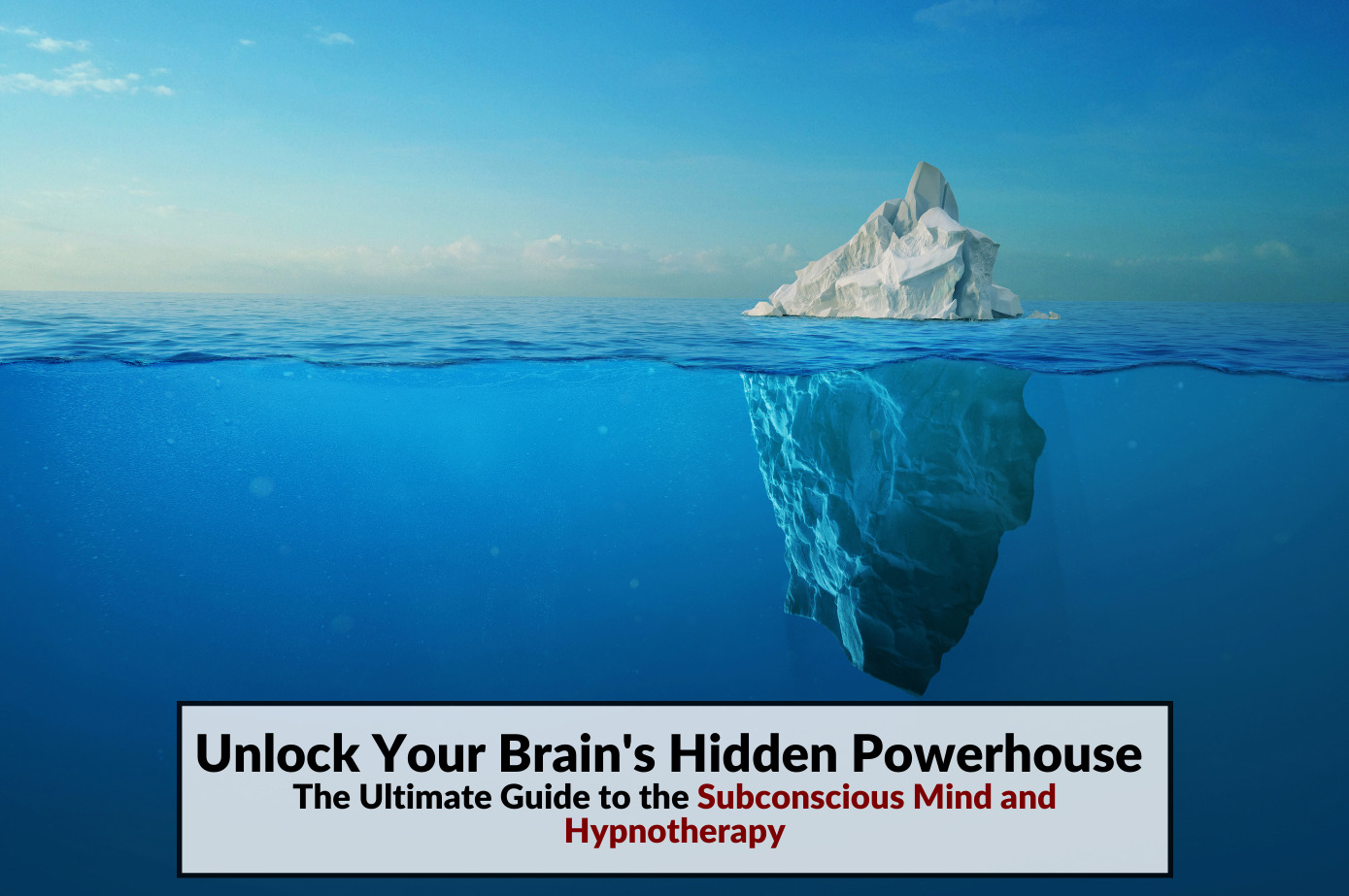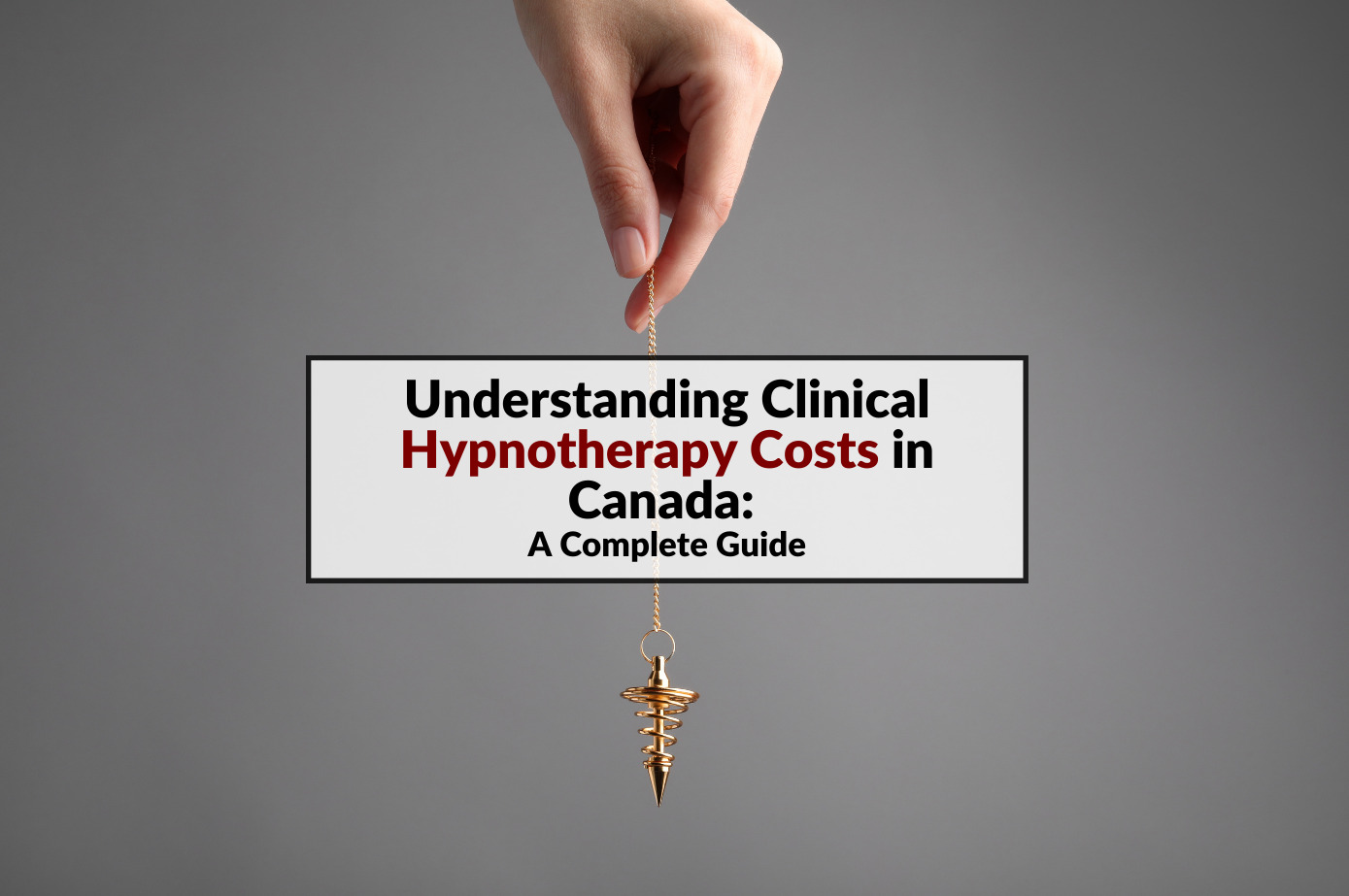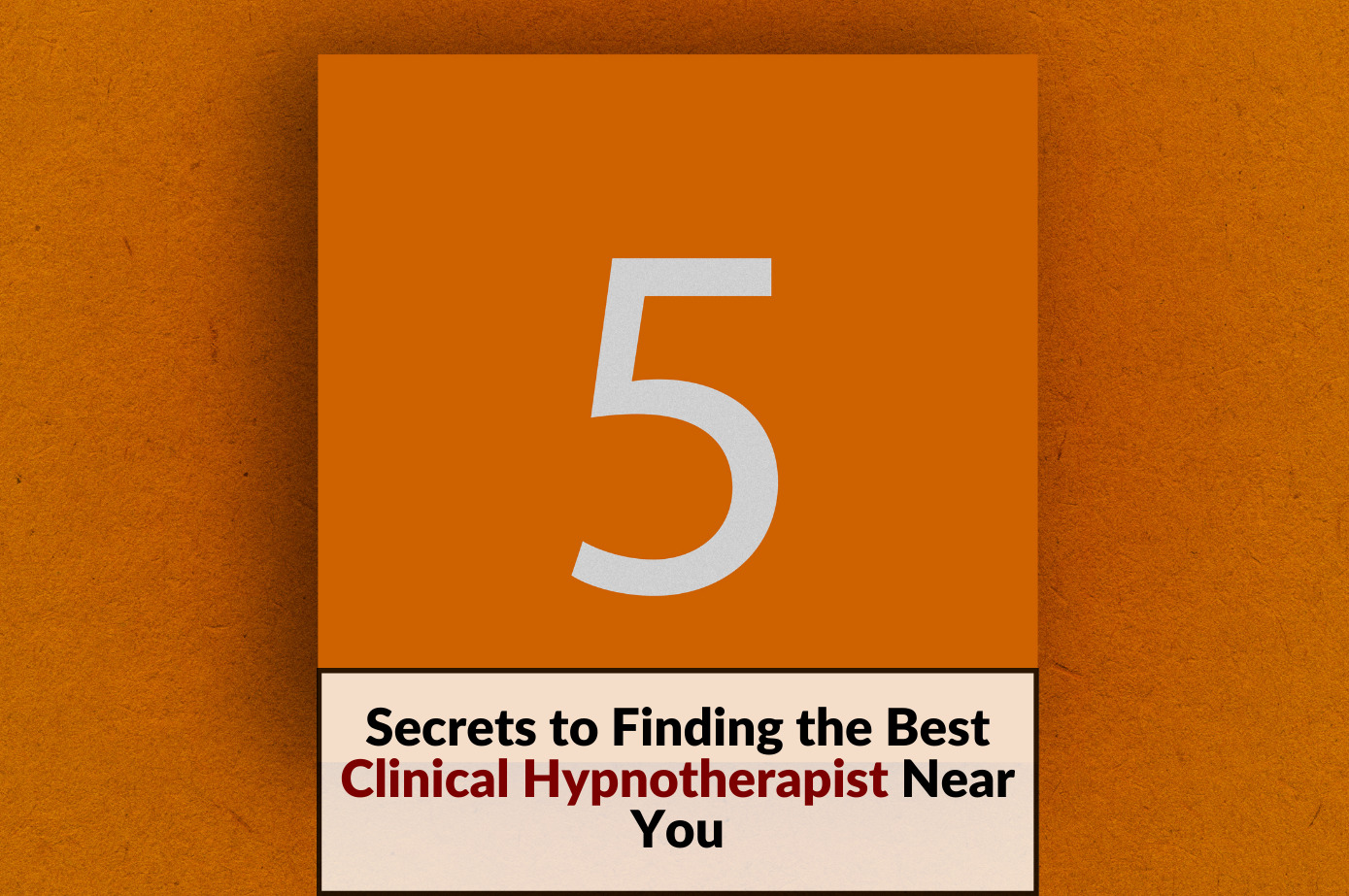Unlocking the Potential of Hypnotherapy: A Comprehensive Guide
Unlocking the Potential of Hypnotherapy: A Comprehensive Guide
Over the past four decades, hypnosis has experienced a remarkable surge of interest among professionals in the fields of psychology, medicine, and dentistry. It has emerged as a valuable adjunctive treatment for addressing stress, anxiety, and maladaptive habits. By accessing repressed conflicts, memories, and emotions, hypnotherapy can enhance the efficacy of dynamic psychotherapy and contribute to the management of various psychosomatic conditions. Unlocking the Potential of Hypnotherapy: A Comprehensive Guide is a useful tool to better understanding this long standing form of treatment.
Dispelling Some Misconceptions
Contrary to popular belief, hypnosis is not reserved for individuals with weak minds or supernatural powers. In fact, over 90% of the population can be hypnotized. It is a quality of one’s personality rather than a sign of weakness. The depth of hypnosis achieved varies among individuals, with cooperative individuals possessing strong willpower and vivid imagination being more likely to reach deeper states.
Hypnosis is not magic or the result of supernatural forces. There are no mystical mantras or secret powers at play. The key ingredient for successful hypnosis is the willingness of the individual to undergo the process. Even in a deep state of hypnosis, a person retains their power of self-defense and autonomy. They are not passive followers of the hypnotist’s commands and will not act against their morals or ethics or reveal confidential information.
What is Hypnotherapy Then?
Hypnosis is an altered state of consciousness that differs from both sleep and wakefulness. It involves focused attention on a specific mental aspect while reducing peripheral awareness. We experience moments of spontaneous hypnosis in everyday life, such as when we become absorbed in our thoughts, daydreaming, reading a captivating story, or watching a captivating movie. Physically, hypnosis induces a state of relaxation and reduced physical movement. It creates a calm, pleasant state of mind where our potential for imagination and ideas has a profound impact on our mental and physical well-being. Hypnosis is a structured, guided, and goal-oriented form of meditation.
At its core, hypnosis involves a focused state of attention. This attention can be directed outwardly or inwardly. In this state, individuals are highly suggestible, meaning they readily accept and embrace suggestions from the hypnotist. However, the subject’s sense of safety and morality remains intact throughout the experience. A hypnotist cannot make someone do anything they don’t want to do.
It’s important to note that hypnosis is a specialized technique and should be used as an adjunctive intervention within a comprehensive psychological and medical treatment plan. Integrating hypnosis into a holistic approach can accelerate recovery and improve long-term outcomes.
The Model of the Mind
Understanding the Model of the Mind is crucial in comprehending how hypnotherapy works. The conscious mind functions in thinking, logic, decision-making, and controlling voluntary actions. It acts as a gatekeeper, filtering information before it reaches the subconscious mind. The critical filter, which develops during childhood, plays a vital role in determining what information is allowed into the subconscious and how it is stored.
The subconscious mind is responsible for thoughts, feelings, behavior, and physiological processes in the body. It contains numerous programs or frames of reference that are shaped by our experiences, information, and imagination from birth until the present. Every event or situation is interpreted based on the relevant program existing in the subconscious. Our thoughts, emotions, and behavior are influenced by this programming, leading to predictable responses in specific situations. Hypnotherapy enables us to alter and reprogram these target areas directly within the deeper layers of the subconscious mind.
The unconscious mind encompasses current life experiences, including repressed feelings, hidden memories, habits, thoughts, and desires that are too distressing to consciously confront. It also includes innate instincts that we are born with. Hypnosis serves as a gateway to the subconscious mind, offering a state of restful awareness. Through hypnotic induction, which involves heightened suggestibility, deep relaxation, and intense focus, we bypass the conscious mind and critical filter, gaining access to the subconscious. During this stage, alternative suggestions tailored to the client’s needs are presented through direct or indirect means such as visualizations, metaphors, poems, and stories.
Hypnotherapy Benefits
The benefits of hypnotherapy are far-reaching. By facilitating inward focus, hypnosis helps reduce anxiety, increase motivation for healing, and allows individuals to be more receptive to new perspectives. It enhances the body’s natural healing capacity, taps into higher resources like hope and trust, alters sensory and perceptual experiences, and provides a tool for cognitive restructuring. Hypnotherapy empowers individuals to become aware of their unconscious potential and make desirable changes in habits, motivations, self-image, and overall lifestyle.
In addition to traditional therapy, self-hypnosis empowers patients to take control of their healing journey. Teaching patients to practice self-hypnosis reduces their dependence on the therapist, lowers the overall cost of therapy, and fosters a sense of self-mastery.
Who is Hypnotherapy Right For?
The applications of hypnotherapy extend beyond treating illnesses; it also promotes wellness in healthy individuals. Hypnotherapy has proven beneficial in addressing psychosomatic disorders such as high blood pressure, asthma, gastrointestinal conditions, and sleep disturbances. It offers effective interventions for habit disorders, addiction, pain control, neurotic conditions, sleep disorders, and enhancing creativity and self-development.
In conclusion, hypnotherapy has become a respected and valuable tool in the field of psychology and medicine. Its ability to tap into the power of the subconscious mind has made it an effective treatment for various conditions. By dispelling misconceptions and understanding its true nature, we can appreciate the immense potential of hypnotherapy in promoting healing, personal growth, and overall well-being. Whether used as an adjunctive therapy or as a standalone technique, hypnosis has demonstrated its efficacy through controlled clinical trials and continues to evolve as a valuable resource in the field of holistic healthcare. Embracing the benefits of hypnotherapy opens up new avenues for self-exploration, transformation, and the realization of our untapped potentials.
If Hypnotherapy: A Comprehensive Guide has been helpful we invite you to book an appointment to speak to a member of our team today and begin getting your health back on track.





